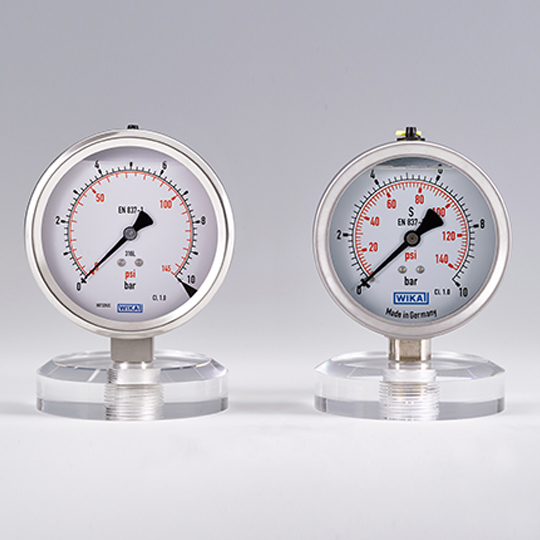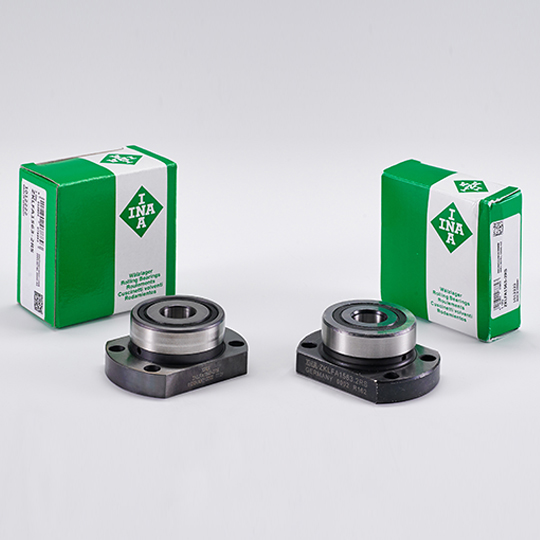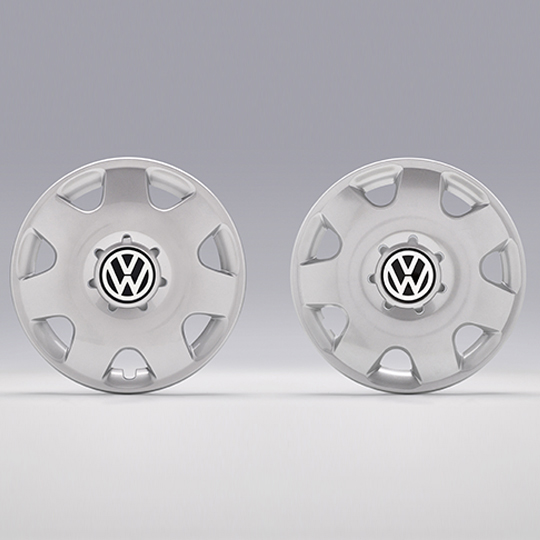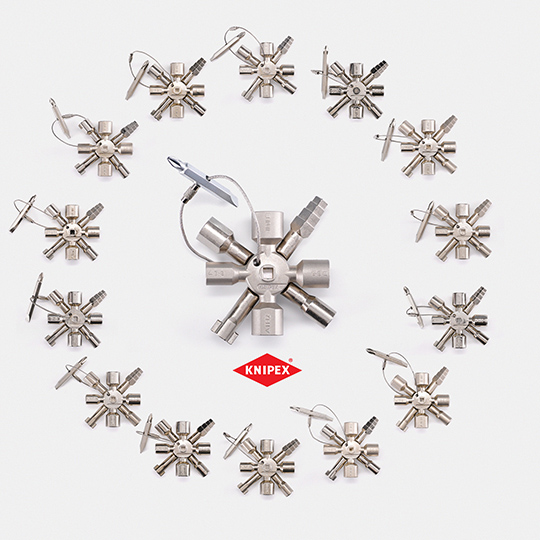First place in this year’s Plagiarius negative award went to imitations of a product from the Hessian household goods manufacturer Koziol »ideas for friends. The denounced imitations, which were distributed by a magazine publishing company from Australia, imitated a design-awarded reusable cutlery. The knock-off, used as part of a loyalty campaign, was made of unsuitable plastic, so that it deformed after just a few uses and became unusable.
The second place was awarded by the Plagiarius jury to a counterfeit pressure gauge for industrial plants. The imitation illicitly illicit used the protected brand name of the original manufacturer, the Bavarian company WIKA Alexander Wiegand; to further deceive potential buyers, the counterfeit marketed by a company from Bangladesh also carried the lettering “Made in Germany”. However, WIKA itself does not have such a label on its products. “It’s like writing ‘genuine brand watch’ on a counterfeit Rolex,” says Ulrich Demuth, head of the company’s patent department. Since the fake cannot meet the claimed measurement accuracy, there is a high risk from falsely regulated pressure.


Third place went to the imitation of a ball bearing made by the German engineering company Schaeffler Technologies. Analyses of the counterfeit axial angular contact ball bearing showed significant deviations in dimensional accuracy and manufacturing quality, which can make it risky to use the knockoff. The counterfeiter denounced here is noticeable for extensive imitations – not only were products, packaging, and brand names of renowned manufacturers such as Schaeffler copied, but also, for example, dealer certificates or data matrix codes.
A special award was given to knock-off switch cabinet keys from the KNIPEX-Werk C. Gustav Putsch KG in North Rhine-Westphalia. The original manufacturer has already had approx. 9,500 offers for imitations of this product removed from online marketplaces in the last three years. However, various imitators continue to copy the patent-protected product – however, using cheap materials and poor workmanship, so that the functionality is often not guaranteed or lasts for a short time only. “We were able to have the offers blocked in most cases, but you can certainly imagine what a huge effort that means for us,” comments company CEO Gustav Putsch.


Another four equally ranked award winners come from Bavaria, Lower Saxony, North Rhine-Westphalia, and Saxony. These e.g. include an imitation of a wheel cover from the well-known carmaker Volkswagen AG. Particularly brazen here: The knock-off even carried lettering identifying it as an imitation. However, the Italy-based company manufacturing the imitation refused to accept a cease-and-desist declaration, so that (probably lengthy) court proceedings are now underway.
This year’s Plagiarius anti-prize was awarded on 25 April; due to the coronavirus pandemic, the winners of the negative awards were again announced in a virtual press conference. Three main prizes, four equally ranked awards, and one special award were given. Compared to previous years, one trend might be seen as worrying: All awarded imitations this year concerned originals by German companies.
The special importance of online marketplaces was emphasized by Dr. Aliki Busse, specialist lawyer and 2nd Chairwoman of Aktion Plagiarius: “In order to better protect industry and consumers from dangerous counterfeits, the operators of eCommerce platforms must be held more responsible in the future.” This would include identifying traders and preventing removed offers from being re-listed under a different name. The Plagiarius negative prize, which has been awarded since 1977, aims to sensitize the public for the questionable business practices of imitations and to raise awareness of counterfeiting.




